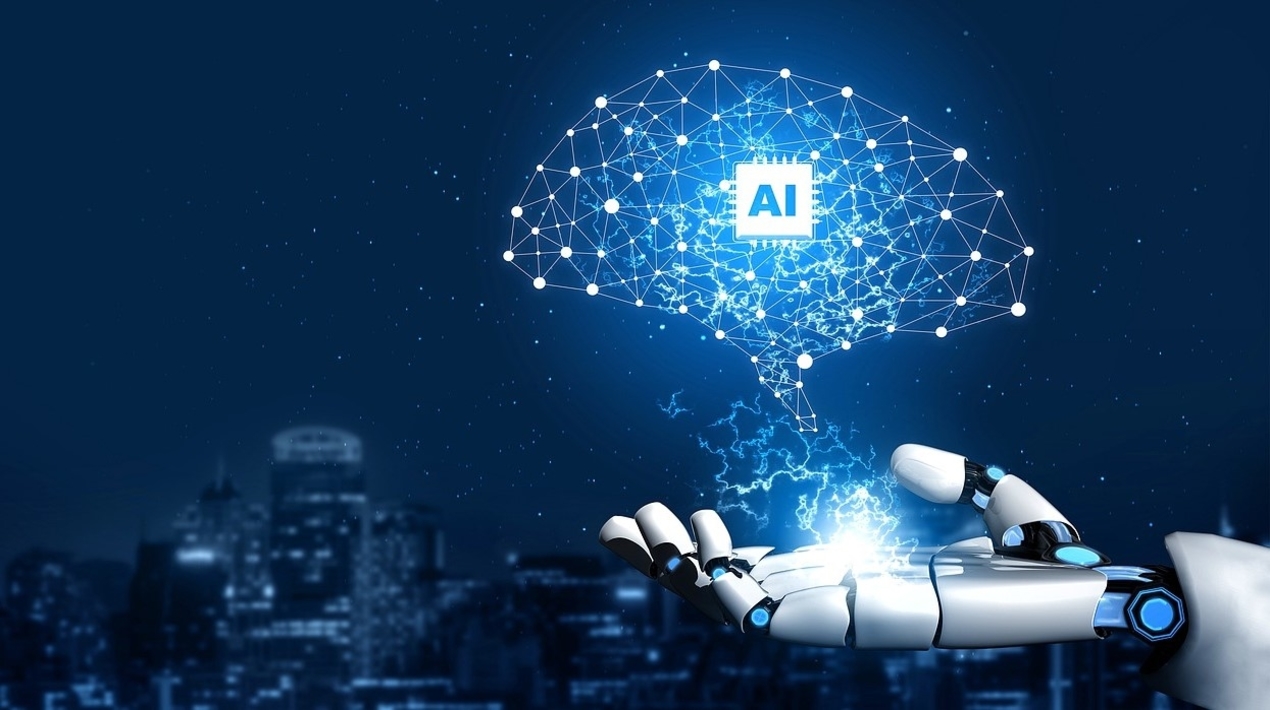
The Council for Indian School Certificate Examinations (CISCE) and the Indian Institute of Technology of Delhi (IIT- Delhi) announced they will jointly design a curriculum for schools that include robotics, artificial intelligence, machine learning, and data science. The curriculum is for grades 9 to 12 in schools affiliated with the CISCE board.
IIT-Delhi’s technology innovation hub, I-Hub Foundation for Cobotics (IHFC), and CISCE signed a memorandum to carry out the project. According to a report by the government’s AI portal, IHFC would help CISCE cut the syllabus to “reinforce 21st-century skills” and achieve targets set out in the National Education Policy (NEP) 2020. Moreover, officials stated that they plan to upgrade the current STEM courses in line with NEP 2020.
A representative from IHFC stressed the need to strengthen the country’s capacity to master emerging technologies. As IHFC develops the curriculum, it will reflect the principles of experiential learning and aspects of theory. IHFC could play an important role in carrying out the project in about 2,700 schools affiliated with CISCE by providing guidance and technical expertise. Prime aspects of the project’s vision, according to the project director of IHFC, are nurturing teamwork, innovation, and knowledge to bridge the gaps between young engineering students and potential future robot enthusiasts.
To bolster the rate of digital literacy in the country, state governments have been urged to offer courses and initiatives in AI and other emerging technologies. Earlier this year, the Indian Institute of Technology of Madras (IIT-Madras)’s Robert Bosch Centre for Data Science and Artificial Intelligence (RBC-DSAI) invited students for the national-level ‘Summer Internships 2022’ programme. The goal was to help students gain hands-on experience working on cutting-edge discoveries, with some of the country’s leading experts in data science and AI.
In March, IIT-Madras announced an 18-month web-enabled, user-oriented Master of Technology (MTech) programme in Industrial AI. The course was released in collaboration with a private player to upskill working professionals and encourage the use of AI to address industrial problems. The programme used labs and included theoretical courses in fundamental mathematical techniques required to understand data science algorithms, time series analyses, multivariate data analyses, machine learning, deep learning, and reinforcement learning. Applied courses described the implementation of AI solutions for industrial problems in a case study format. Put together, these courses provided strong theoretical foundations and useful application perspectives.
Furthermore, in April, the Madhya Pradesh Chief Minister announced a 240-hour course on AI for students from Grade 8 scheduled for July. The decision regarding the commencement of the course was taken during the state cabinet’s two days brainstorming session held in Pachmarhi. The course will initially be unveiled in 53 schools, but more are expected to be added to the list later on, as OpenGov Asia reported. The government also said it would provide 40 computers to each of the selected schools.
Apart from education, the government is using AI in several fields, including managing traffic flows, improving digital exchange systems, and quickening criminal investigation processes. In the industry, AI is being deployed for several operations like inventory tracking and management, data sharing and perception, enhanced customer experience, improved hiring processes, data mining, and optimisation. The AI market in India is expected to grow at a five-year compound annual growth rate (CAGR) of 20.2% and reach US$7.8 billion in total revenues by 2025.
















